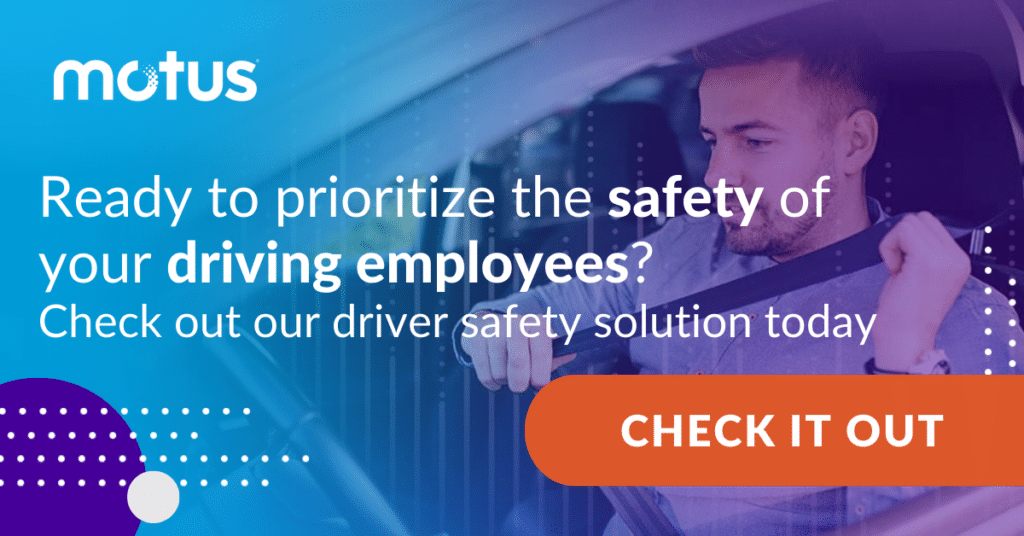You can’t leave the country without a passport. And you can’t drive your car without the keys. You could probably eat spaghetti without a fork, but it sounds… messy. In a world of does and don’ts, there are some clear and obvious ones. In almost every state it is illegal to drive without automobile insurance. However, insurance is also pretty expensive, having increased 52% in the past three years. And when drivers choose not to pay premiums, the cost rises for everyone else. Unlike traveling abroad or starting the car, the driver only faces consequences if they’re caught doing something else and found without automobile insurance. Drivers can also forget to renew, and don’t know until its too late. That’s what makes insurance verification so important. So how can companies ensure driver insurance compliance? And what does it entail? Let’s dive in.
Driving Without Insurance
As mentioned earlier, driving without insurance is illegal in most states. Each state is different, but most require coverage for bodily injury and property damage liability. Personal Injury protection and uninsured (or underinsured) motorist coverage may also be required, again, depending on the state.
There are two exceptions: New Hampshire and Virginia. In New Hampshire, drivers don’t have to purchase car insurance. However, if you haven’t purchased car insurance, they have to prove they can cover costs in the event of an accident. Drivers that do pay for auto insurance must meet minimums. In Virginia, again drivers must prove they can cover costs in the event of an accident. Drivers must also pay the uninsured motor vehicle fee with each registration.
Repercussions of Driving Without Insurance
Again, the consequences of driving without insurance vary by state. Unsurprisingly, the penalty for a first time offense in New Hampshire is a fine of $25. However, in states like Delaware and Maryland the fine is over $1,000. Generally the first time offence penalty is between $100 to $500. Second offences generally result in license suspension. Repeat offenses can result in the driver’s vehicle being impounded and potentially jail time.
The Impact on Your Company’s Vehicle Program
Businesses with driving employees typically have policies that mobile workers keep up with. But these policies aren’t infallible. Most companies will run motor vehicle record (MVR) checks on new hires to make sure there aren’t any red flags on their driving records. They’ll also verify that the employees have auto insurance. For a lot of organizations, that’s where things end. If an employee no longer meets the driver insurance compliance of company policy, too often the company won’t know until it’s too late.
Employees driving without insurance can impact companies in a number of ways. One impact is a breakdown in their workforce. If an employee fails to meet driver insurance compliance standards and their vehicle is impounded or they’re facing jail time, that puts the company in a really bad spot. This might not be a common occurrence, but it’s not a challenge any business needs to face.
A Comprehensive Safety Program
At the end of the day, insurance verification is an essential element of a driver safety program. Everyone is better off when the people they’re sharing the road with has insurance. It’s just one piece that, paired with MVR checks and driver safety training, makes up a comprehensive safety program. It comes down to the welfare of the employees on the road. Adopting one element is good. Adopting all of them is best.
Guaranteeing Driver Insurance Compliance
What does monitoring employee insurance look like? Is there an easy way to check if employees meet driver insurance compliance standards of the company’s vehicle policy? The simple answer is it depends on the way your company runs its vehicle program. Let’s look at a few scenarios.
No Insurance Verification
A medium-sized food and beverage distribution company operating in California has a mobile workforce of 25 drivers. When the employer hired them on, the company ran MVRs and verified their insurance. Unfortunately, state troopers pulled one of the mobile workers over for speeding. During this stop, the troopers discovered the employee’s insurance policy was no longer valid. Because this was not their first instance, their vehicle was impounded. The company now has to pull driver’s from their predetermined routes to cover missing ground while the employee sorts out their insurance coverage.
Admin Insurance Verification
An enterprise pharmaceuticals company that operates nationwide has a mobile workforce of 250. Managers assign these driving employees to their regions, where they travel to hospitals, clinics and other locations in personal vehicles and submit mileage each month. A team of administrators reviews submitted mileage before approving it. They also keep tabs on driver insurance compliance. If an employee’s insurance hasn’t been updated, they reach out to them with an email. With how busy the mobile workers are, they don’t always see or respond to the email. Sometimes it can take weeks, even months before the issue is resolved.
Outsourced Safety Program
An enterprise business services company that operates nationwide has a mobile workforce of over 500 drivers in a number of different vehicle programs. To save driving employees and administrators time, they outsource management of their vehicle program. Their vendor keeps track of each driver’s insurance and communicates with the drivers to ensure they’re renewed in a timely manner. If they fail to update their insurance in time, employers can opt to withhold reimbursement until they have.
Partnering with Motus
People make mistakes. With everything else going on in their lives, it can be a challenge to keep track of everything. Even something as important as auto insurance. Sometimes all they need is a reminder. It sure beats the consequences of being pulled over or involved in an accident and not having insurance. Insurance verification is essential to guaranteeing driver insurance compliance. And it’s a standard offering from Motus. Interested in learning more about our driver safety solutions?








